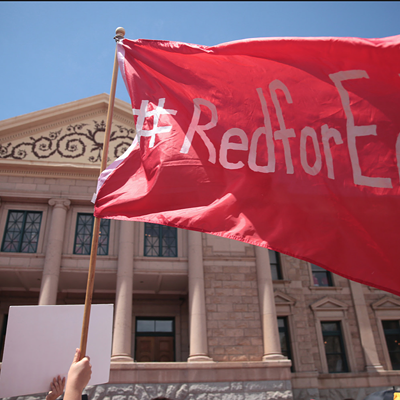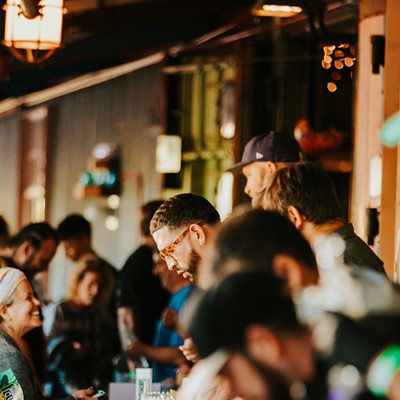In a couple of weeks, a childhood dream of mine will come true for about 6 million people in Colorado.
I started wishing for legal cannabis when I was about 15, shortly after the first time I tried it. I suppose I might have hoped for it before that, out of some vague camaraderie with pot smokers, but I really started thinking it should be legal when I started using the stuff. I still think legalization is a good idea, and I'm glad it's less than two weeks away for some folks, but it's not all good. There will be some negative consequences.
Jobs
I've written a few times about all the jobs that legal cannabis brings. There are more than 800 dispensary agents in Arizona alone. But lest we forget, there are also hundreds and hundreds of pot dealers out there who might not have jobs under legal pot. Stop laughing. I'm not kidding. Surely a lot of them will move into the legal realm, but some of them might be squeezed out.
And in Washington, the Liquor Control Board recently recommended that residents be allowed to grow up to six plants, the same as in rules that take effect in Colorado Jan. 1. Now, I don't know how much cannabis you use, but I don't use anywhere near that much. That's conservatively a pound of buds every three or four months. That seems like enough for me and my friends, so none of us would have much need for shopping in stores, where people have jobs.
So legal cannabis will create a lot of jobs, but a few people might be squeezed out of work.
Big business
Back in the 1970s, there were reports that companies like Philip Morris were buying land in South America to grow weed for import to the United States. I don't know if that was ever true or if it was an urban legend, but I think now that legalization is here, tobacco companies will take notice.
I think major tobacco and/or liquor companies are going to get involved in this industry. I'm not sure tobacco and liquor giants will be willing to take the risk the startups are taking, but I think some folks who start commercial marijuana production companies are going to get very rich off companies like Philip Morris USA. Bill Phelps, a spokesman for that megabusiness, which is responsible for brands like Marlboro, wouldn't say.
"We have a practice of not commenting or speculating on future business," Phelps said.
Interestingly, the cannabis haters at Project SAM (Smart Approaches to Marijuana) cite Big Tobacco as a reason not to legalize. They're convinced that a "commercial marijuana industry will act just as the tobacco industry acts." Yeah, I doubt that, since tobacco companies ran roughshod over America in a simpler, more naive time.
And Project SAM's haters also seem to believe legalization has been a disaster in Colorado, which is interesting because it hasn't even happened yet.
Cartel clashes
Legal marijuana will eventually wrest control of the industry from drug cartels that have been shooting up the place for decades. A fucking helicopter gunship fired into a residential neighborhood in Rocky Point recently. A helicopter gunship. It was federales taking care of a lieutenant in the Sinaloa cartel.
You might think a legal system would reduce that, and I think it will eventually. But I think over the next few years, there is going to be friction from cartels. They'll be fighting over fewer and fewer billions of dollars in the coming decade. Expect it to be brutal.
Ultimately, marijuana legalization is a good thing, but nothing is ever 100 percent good, and we should recognize that not everything the cannabis haters hate and naysayers say is wrong. It seems like a good idea to go into the fight for legalization with eyes open, not blinders on. But that doesn't mean we shouldn't do it.
It's a dream come true, for Christ's sake.













